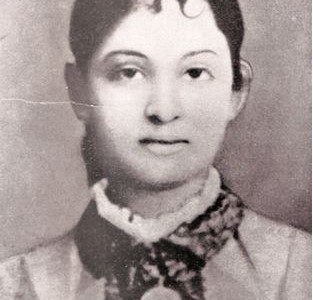
Tagore’s First Love
Annapurna Turkhud came to Tagore’s life with a waft of youthful exuberance which created a flutter in the young poets’ heart. Krishna Kripalani in his book Tagore a Life has given a lucid account of Tagore’s interaction with Annapurna.
Rabindranath Tagore (then aged seventeen) before leaving for England for his studies, stayed for two months ( starting August 1878) in Bombay at the house of Dr Atmaram Pandurang Turkhud , an eminent physician and founder of the Prarthana Sabha. Dr Atmaram was a friend of Satyendranath Tagore, the elder brother of Rabindranath and the first Indian to be inducted into the Indian Civil Service.
Satyendranth expected that Rabindranath’s stay with the anglicized Turkhud family would help his younger brother improve his felicity with the English language and also help imbibe the English mannerisms. His mentor and teacher for this endeavour was to be Annapurna (Ana), the second daughter of Dr Atmaram. About three years elder to Rabindranath, Annapurna had just returned from England and was conversant with the niceties of the English culture and the language.
As the preparatory classes progressed, an intimacy developed between the teacher and the student. It is not known whether Tagore’s proficiency in English made any commensurate progress under the tutelage of Annapurna. On Annapurna’s insistence, Rabindranath gave her the name Nalini, and immortalized her in a poem he wrote for her and set to music during his stay at her house in Bombay. Annapurna was obviously moved and said “Poet, I think that even if I were on my death-bed your songs would call me back to life” . The handsome face of the poet got a very flattering comment from this lovely lady “ You must never wear a beard, donot let anything hide the outline of your face” . Remembering those heady days of his youth at the age of eighty Tagore remarked ”Everyone knows that I have not followed that advice. But she herself did not live to see my disobedience proclaimed upon my face”.
This mutual attraction did not convert into a romantic liaison due to Tagore’s extremely shy nature. Subsequently after the end of two months stay, Tagore bid Anna adieu and boarded a ship from Bombay for England to pursue his studies. On Nov 11, 1880 Annapurna married a Scot named Harold Littledale, Vice Principal of the Baroda High School and College. Subsequently the couple left India for England and Annapurna died in relative obscurity in 1891 at Edinburgh at the age of thirty three.
Was this relationship an infatuation of the youth? Evidence suggests that there was a genuine affection and even marriage was considered, however destiny willed otherwise. According to Dutta and Robinson in their book The Myriad Minded Man, Ana’s father, Atmaram Pandurang Turkhud, visited Calcutta with Ana and another of his daughter in early 1879, when Tagore was in England. Almost certainly he came to see Debendranath(Rabindranath Tagore’s father) at Jorasanko thakurbari, the family residence of the Tagores. What passed between them was not recorded, but the authors conjecture that it seems highly likely that marriage between Ana and Rabi was mooted by Atmaram - and rejected by Debendranath . The authors also inform that Ana continued to use Nalini, the name Rabindranath had given her, as a literary name and that one of her nephew was named Rabindranath by her.
For Rabindranath also, Ana was not a momentary flirtation. Her memory inspired him to write many poems where the name Nalini is taken in the most endearing manner. Tagore also composed a prose drama Nalini in 1884. The dedication page was left blank, it is possible that Ana was on his mind. The excerpt from the song believed to be composed for Annapurna(Nalini) by Tagore during his stay with her family in Bombay is given below.
| Shono Nalini kholo gou ankhi Ghum akhono bhangilo na ki Dakho tumari duar porey Shokhi esheche tomari Robi Shuni probhater gatha mor Dakho bhengeche ghumer ghor Dakho jogot utteheche noyon meliya Nuton jibon lobhi Tobe tumi go sojoni jagibe na ki Ami je tommar kobi |
Oh! Nalini open your eyes Is sleep still to abandon its ply See standing at your door The rising sun’s first score (Robi synonym for sun) Hearing my morning song See all around the shroud of sleep has gone With eyes wringing the whole world rise Lusting for a new life But friend you sleep, what beget Am I not your poet |
Excerpts from poem Probhati from Tagore’s work Shaishob Songeet,Translation by Sudipto Sengupta


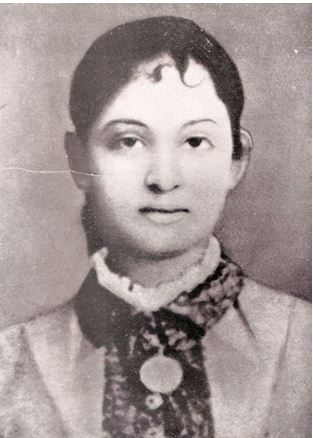
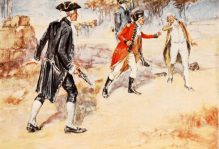
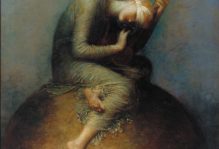
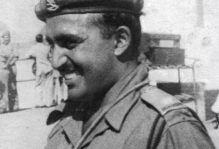

It seems that the year of Anna’s death has been wrongly mentioned here as in 1891 which was in 1881. Please check up and let me know.
For more details of Ravindranath and Ana see : Marathi book : Vishrabdha Sharda Vol . 1. pages 125 to 138 (विश्रब्ध शारदा - खंड १ पृ.१२५ -१३८)
A full-length photograph of Ana appears on page 59 in Ketaki Kushari Dyson (Tr.), “I won’t let you go: Selected Poems, Rabindranath Tagore” (2nd edition), Penguin India (2011)